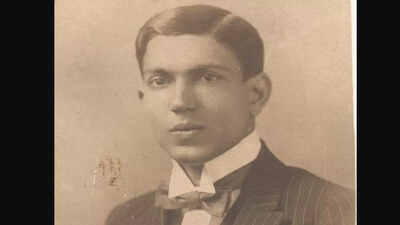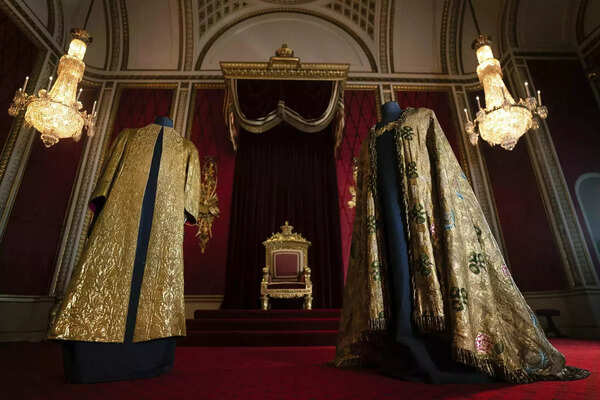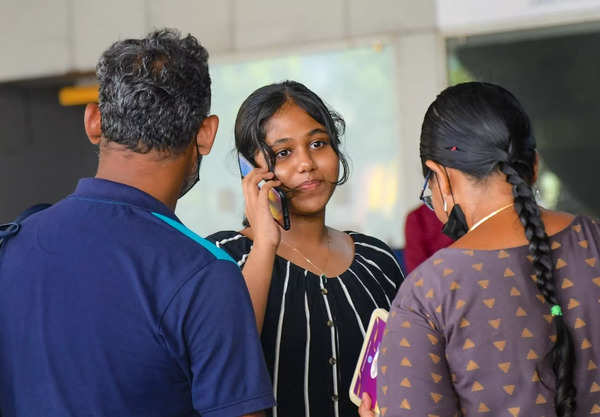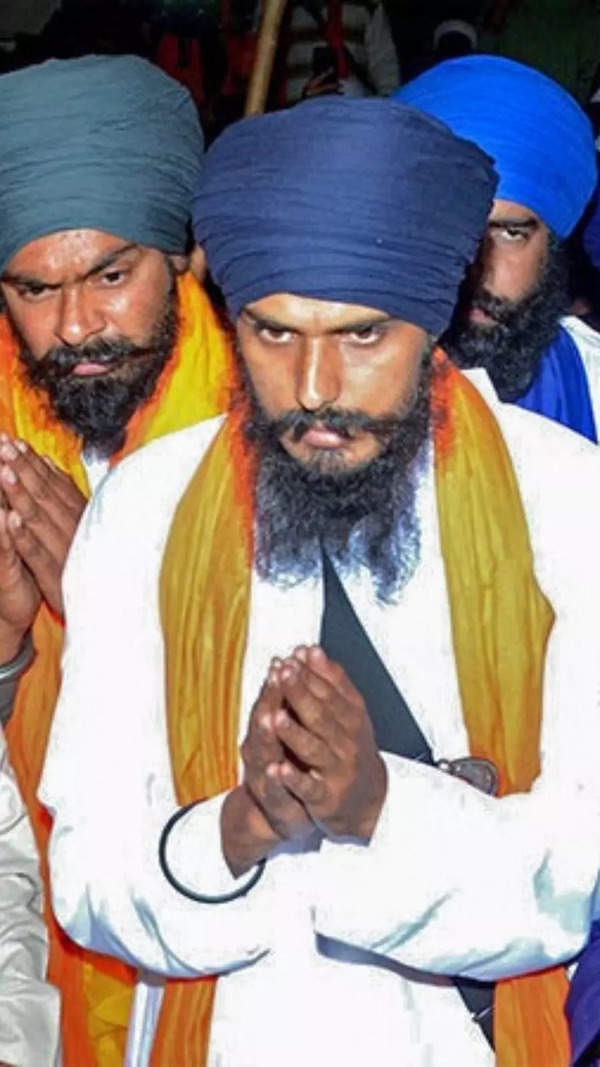- News
- India News
- Asaf Ali birth anniversary: 10 unknown facts
Trending Topics
Asaf Ali birth anniversary: 10 unknown facts

Asaf Ali (11 May 1888 – 1 April 1953) was an Indian freedom fighter and political leader who played a significant role in India's struggle for independence from British rule. Here are ten lesser-known facts about Asaf Ali:
- Asaf Ali was born in Delhi, India. In 1928, he married
Aruna Asaf Ali , a marriage that raised eyebrows on the grounds of religion (Asaf Ali was a Muslim whileAruna was a Hindu). - He was a lawyer by profession and studied law at the
Aligarh Muslim University . - Asaf Ali played an active role in the
Non-Cooperation Movement , which was launched byMahatma Gandhi in 1920. - He was one of the key leaders of the Salt Satyagraha movement in 1930, which was a significant milestone in India's struggle for independence.
- Asaf Ali was a member of the
Indian National Congress and served as its president in 1928-29. - He was also a member of the Constituent Assembly of India, which was responsible for drafting India's constitution.
- Asaf Ali served as India's ambassador to the
United States from 1947 to 1952. - He was a close friend and associate of Mahatma Gandhi and played an important role in organizing the
Quit India movement in 1942. - Asaf Ali was a prolific writer and contributed articles to various newspapers and magazines on a wide range of topics, including politics, literature, and social issues.
- He passed away on 1 April 1953, at the age of 64.
Start a Conversation
FOLLOW US ON SOCIAL MEDIA
FacebookTwitterInstagramKOO APPYOUTUBE










